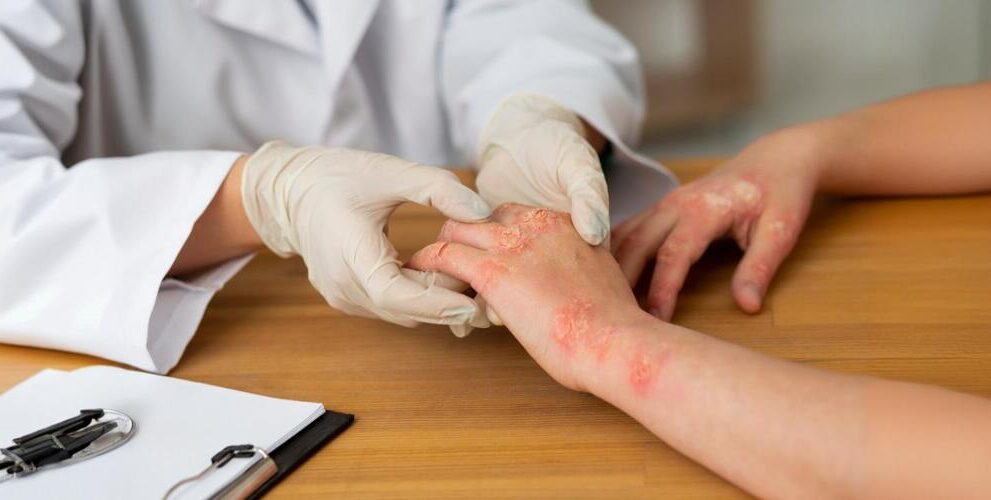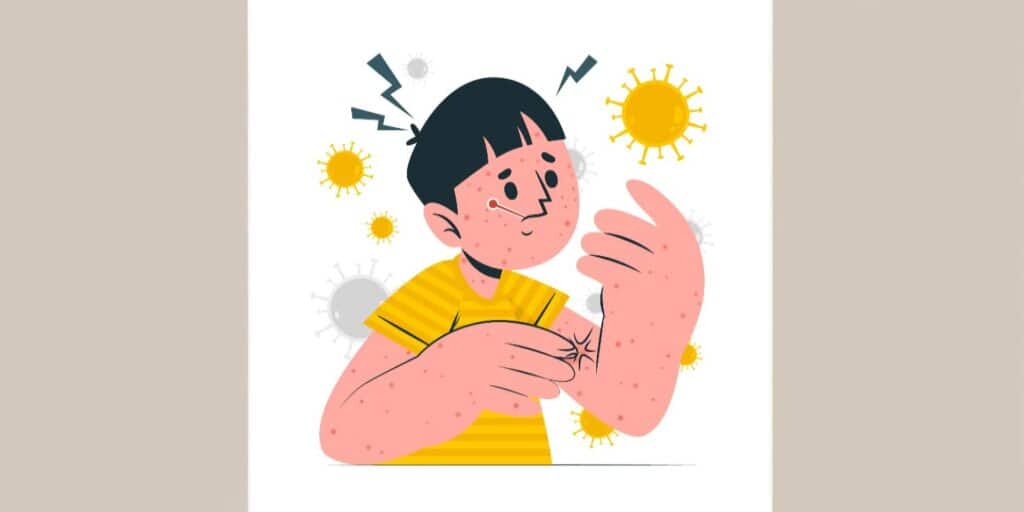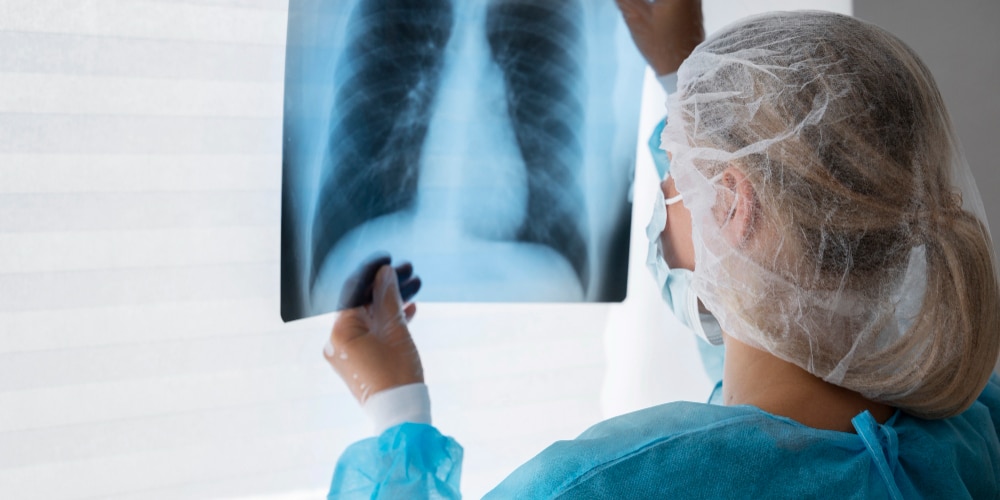Latest
Rising fungal diseases: WHO flags critical gaps in treatment and diagnosis
Only four new antifungal drugs have been approved in major markets over the past decade
Author
Author
- admin / 8 months

- 0
- 3 min read

Author
The World Health Organization (WHO) has flagged a critical lack of medicines and diagnostic tools for invasive fungal diseases, highlighting the increasing resistance to the treatment of the common infections, such as candida, which cause vaginal and oral thrush. Patients who are very sick or have compromised immune systems—such as those undergoing chemotherapy for cancer, living with HIV, or having received an organ transplant—are disproportionately affected by these infections.
“These infections are killing the most vulnerable, but many countries, especially in poorer regions, don’t have the drugs or tests to fight back,” said Dr. Yukiko Nakatani, WHO’s interim chief for antimicrobial resistance. “Not only is the pipeline of new antifungal drugs and diagnostics insufficient, there is a void in fungal testing in low- and middle-income countries, even in district hospitals. This diagnostic gap means the cause of people’s suffering remains unknown, making it difficult to get them the right treatments.”

Only four antifungal drugs approved in a decade
WHO flagged fungi as “critical priority,” on its fungal priority pathogens list (FPPL) with death rates as high as 88%. Despite more people living with immunocompromised conditions due to medical advances, only four new antifungal drugs have been approved in the US, EU, or China over the past decade. Currently, nine drugs are in clinical trials, but only three are in the final phase, meaning few new options are likely soon. Another 22 are in early development, but high failure rates cast doubt on their prospects, the agency reported.
Existing treatments carry severe side effects, drug interactions, and often require long hospital stays. The WHO report calls for safer, broader-spectrum drugs, especially for children, who are largely ignored in clinical trials. WHO also demands better global tracking, funding for drug discovery, and research into boosting immunity.
On the diagnostics front, the picture is equally grim. Available tests require advanced labs and skilled staff, making them inaccessible in most low- and middle-income countries. The WHO report says that current methods are slow, inaccurate, and limited to specific fungi, while many health facilities lack basic infrastructure like stable power. Also, the health workers, often untrained on fungal resistance, struggle to identify and treat these diseases, the UN health body points out.
Also read: India’s uneven caesarean delivery rates: Telangana tops, Nagaland lags – First Check
(Do you have a health-related claim that you would like us to fact-check? Send it to us, and we will fact-check it for you! You can send it on WhatsApp at +91-9311223141, mail us at hello@firstcheck.in, or click here to submit it online)










